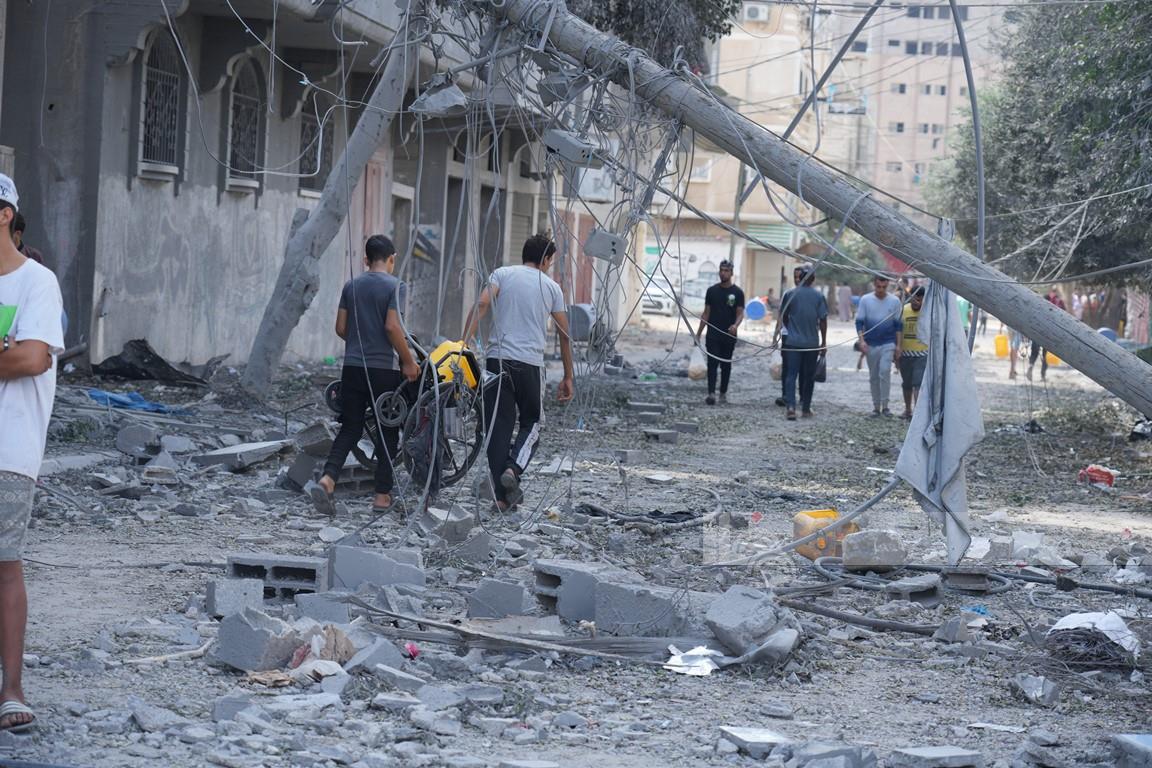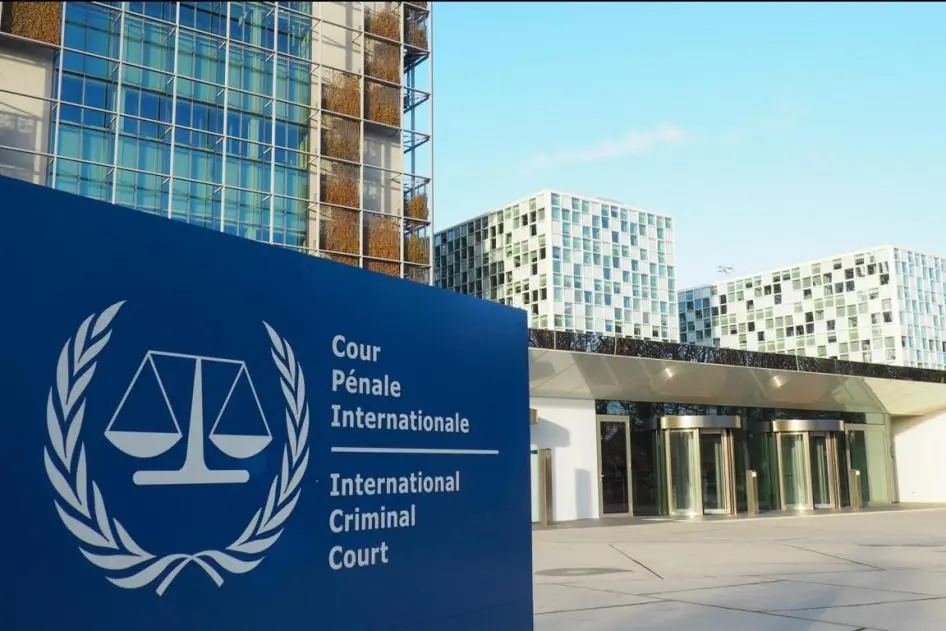The aid delivery comes while the complete Israeli blockade on Gaza remains in effect.
The International Criminal Court (ICC) warned that the prevention of aid entry into Gaza could “constitute a crime” on Sunday, as just 33 more aid trucks crossed into the Strip from Egypt.
The remarks were made by the ICC’s prosecutor Karim Khan during his visit to Egypt, where he attempted to enter Gaza through the shared Rafah crossing. Khan said he wanted “to fulfill the court’s commitment towards” Gaza’s 2.3 million population “to achieve justice.”
Speaking to the press in Cairo, Khan described the situation in Gaza as “terrifying”, stressing that the blocking of aid entry is a crime under international law.
“Impeding relief supplies as provided by the Geneva conventions may constitute a crime within the court jurisdiction,” Khan said.
The Rafah crossing, the only portal in and out of Gaza that is not under Israeli control, has been closed since Israel declared war on Gaza on October 7 and has been targeted by Israeli airstrikes at least three times.
The border opened last week for a limited time to allow the entry of around 70 aid trucks into the besieged Palestinian enclave, none of which included fuel. Then on Sunday, the United Nations confirmed that 33 trucks carrying water, food and medical supplies entered from Egypt.
However, Israel has continued to reject global humanitarian calls to lift its devastating siege on the Strip, preventing Palestinians from receiving water, electricity and food supplies. The aid has also been widely described as a mere “drop in the ocean” of the much larger needs of Gaza’s population.
The Israeli aggression on Gaza has caused a humanitarian catastrophe on the ground, with more than 1.4 million of the population internally displaced (IDP), 15% of which have disabilities, per figures shared by the UN.
At least 8,005 Palestinians, including 3,195 children, have been killed by Israel since it declared war on the Strip.
Meanwhile, more than 1,000 bodies are believed to be still trapped under the rubble, with the Palestinian Civil Defence saying that the decomposition of corpses also risks major humanitarian, health and environmental issues.
Since Israel ordered a siege on Gaza, Palestinians have been surviving without sufficient fuel and water supply, adding to the struggle of the city’s overwhelmed medical sector.
Hospitals are facing what the UN described as “an unprecedented level of devastation” as medics work round the clock to respond to thousands of injuries with limited resources. Health facilities, where thousands of displaced Palestinians are seeking shelter, have been receiving repeated bomb threats by Israel.
On Sunday, the IOF targeted the vicinity of the Al Quds hospital in the north of Gaza after Israeli authorities claimed Hamas fighters were hiding in the facility’s tunnels.
More than one-third of hospitals in Gaza have already shut down either due to damage or lack of fuel, and the remaining 10 hospitals in the north of the Strip continuing to face threats.
Since the start of its war on Gaza, Israel has sought to push all Palestinians to the south of the Strip and Israeli officials have made clear their intentions to force them out of their homeland and into Egypt’s Sinai region.







